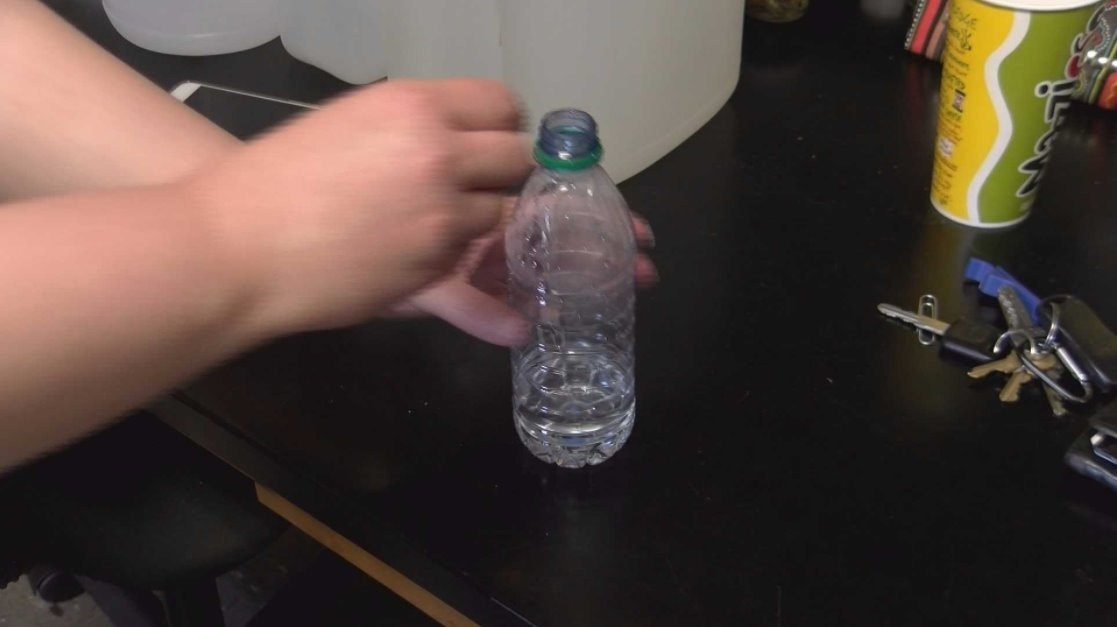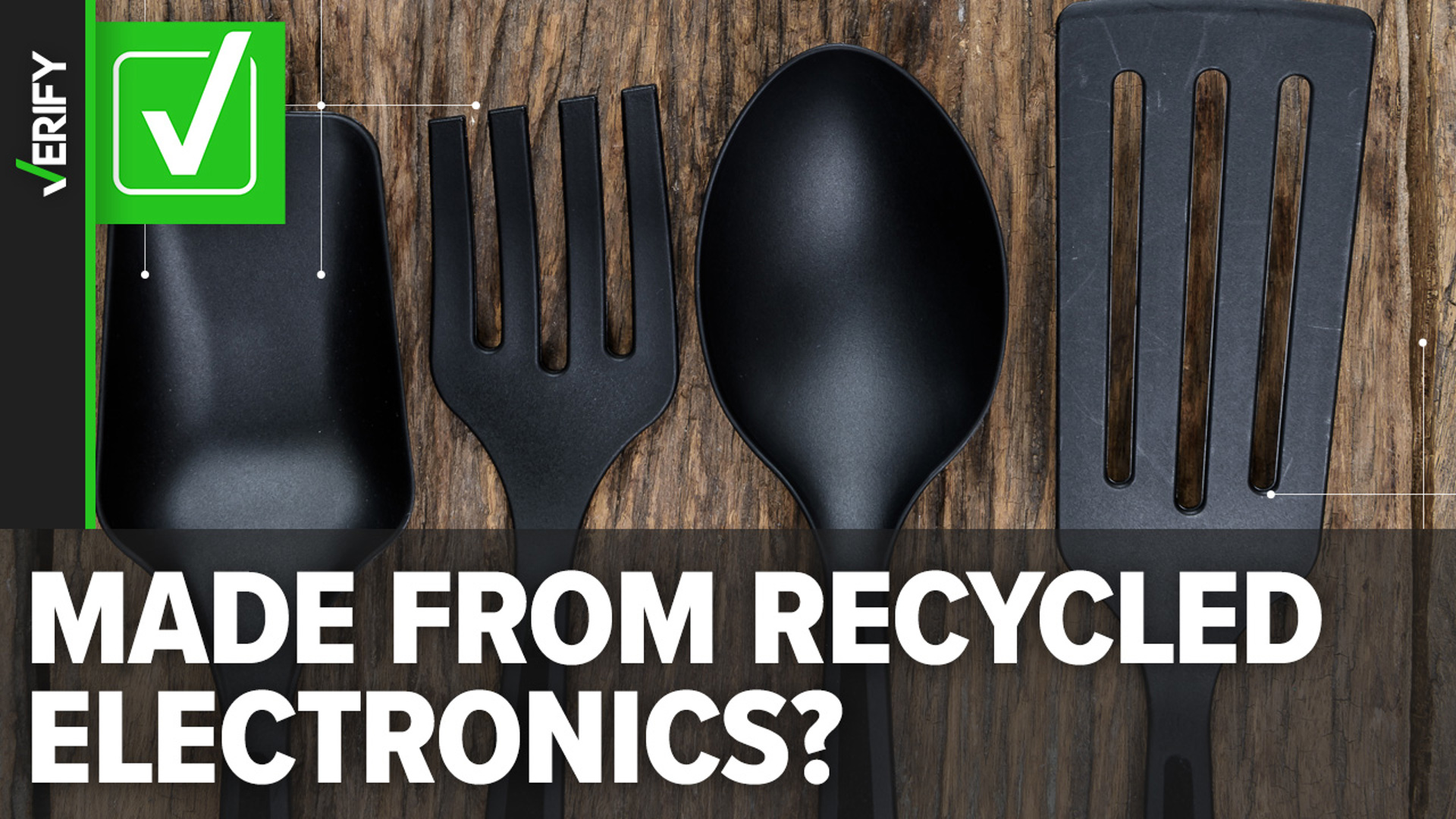Grabbing a bottle of water as you head out of the door is something many of us do.
Sometimes you never drink it and it could end up just being left in the car.
In this Texas heat, is it safe to sip bottled water that has been sitting out in heat of the car?
CBS 19's Sasha Wilson set out to verify if that is the case and spoke to Lauren Swasta, who is a senior at University of Texas Tyler.
Swasta said she stopped drinking from water bottles left in hot cars years ago.
"People always say it's unsafe and I’m like, ‘What do you mean it's unsafe,’ and they're like, ‘It can cause cancer and I’m like, ‘Okay that's pretty solid nobody wants to mess with cancer.’"
She has heard of the danger that comes from chemical components in the plastic.
"Everyone that has told me that before, they say plastic sits in the heat for so long that it can let go of chemicals," Swasta said.
She is not alone in her thinking so we set out to verify if bottled water left in the heat is dangerous to drink.
We turned to Dr. Lance Williams, Professor of Biology at the University of Texas at Tyler.
He said bottled water is one of the most consumed beverages in the United States. He cites a 2014 study by the university of Florida.
"They left bottles of water at 158 degrees Fahrenheit for several weeks,” Williams said. “Out of 20 brands we looked at, only one in 20 had trace amounts of BPA."
BPA is a chemical is often used to make certain plastics, and according to the Mayo Clinic, it is not harmful in small doses.
"if you’re leaving a bottle of water in a car for a day, there's really no risk of any chemicals leaching into the water," Williams said.
He said if we are talking about weeks and months, that may be a different story.
"If you left it in a car for weeks at a time, then there's a small chance that some chemicals like BEP could leach into the water but it's a very small probability," Williams said.
The larger risk comes when people drink from a bottle, leave it in a hot car and then drink it again, Williams said. That bacteria has a chance to grow, and then you may have a serious health issue on your hands.
VERIFY: Sources
Dr. Lance Williams, Professor of Biology, University of Texas at Tyler
Mayo Clinic


